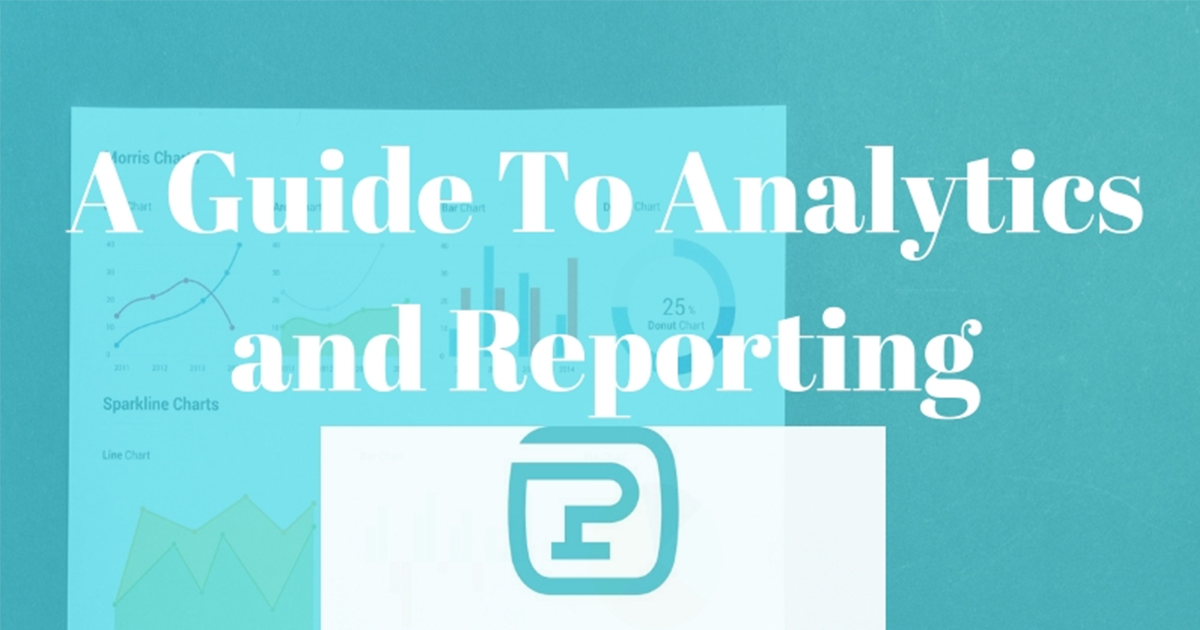
Reporting and Analytics are just an extension of your business performance review and management plans. By capturing and measuring data we are able to objectively assess the behavior of our preferred method and the productiveness of the team members, both individually and as a unit. This information lets business managers assess the efficiencies and weakness of the company.
Some of the data that can be useful to compile includes production data, vendоr and client turnover rates, customer satisfaction percentages, delivery speeds and buying habits. Of course, on their own, these snapshots of business data don’t mean anything. It’s how we interpret this data that offers great benefit to translation agencies of all sizes. This is because reporting and analytics are unique to each business and will bring to light the individual needs of whatever business is utilizing these powerful tools.
Analytics use collected data to attempt to predict relevant possible future outcomes in terms of business performance.
TMSs sort through the piles of data for you, that would otherwise be strewn across multiple locations, programs, not to mention computers. Compiling this important information could be done by hand but what business has the time and resources to devote to labour intensive data collection, statistical analysis and the production of reports to help guide your future business focus? Automation, and the availability of stored data all in one place is the best resource for calculating what areas most need your attention.
Reporting v Analytics: What’s the Difference?
While often mixed up, Adobe has some helpful definitions of what these terms actually mean. Reporting and Analytics are two uniquely different functions. Reporting is the term used to refer to the actual organization of any useful data that could be used to measure your business performance, and presenting this in summaries for inspection. Analytics is the subsequent investigation of these reports and trying to deduce what they could spell for your future prospects. Essentially, reporting provides you with information and raises the questions, while analytics attempt to answer these questions for you.
Translation Management Systems
Translation Management Systems (TMS) are a software solution designed to streamline the everyday running of any translation service provision. A TMS offers a range of services in one package, incorporating many of the widely used tools specific to the translation industry, as well as other, more universal business management programs and solutions to more effectively manage workflow, organize client and vendor information, streamline payments, handle invoicing and finances, as well as, offering reporting on business performance. This helps to improve the process of managing translation projects and speeds up delivery by making everything run more efficiently.
What a TMS Tells You About Your Business
A TMS can be a vital tool for providing translation agencies access to their own business data, from client turnover, delivery speeds, vender performance, revenue tracking and can produce reports to give you an overview of your business’ performance in numerous areas; allowing you to focus your efforts where they are needed most. Business performance reports allow the planning of effective business strategies going forward and are an invaluable asset for any translation team.



.png)

